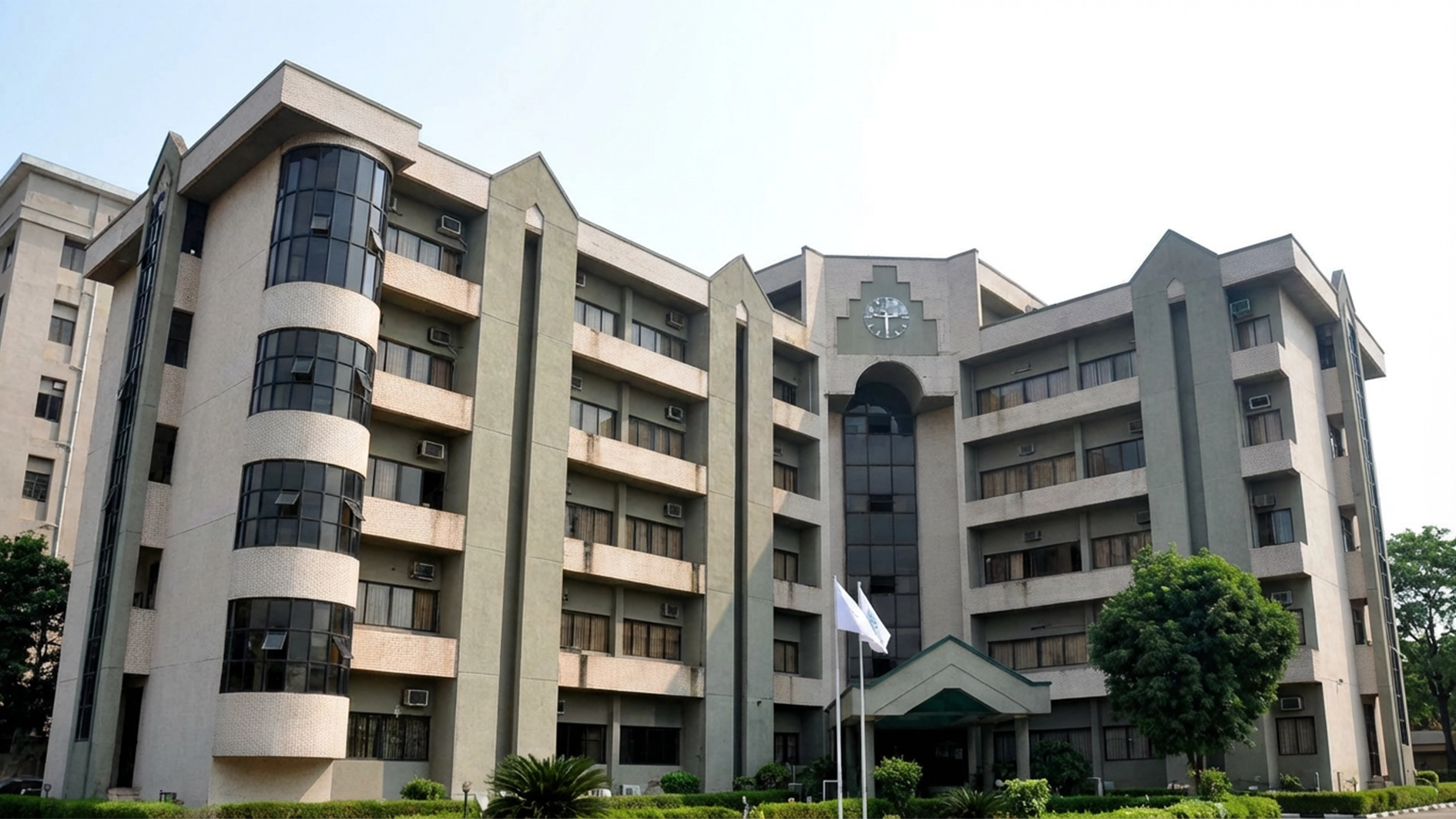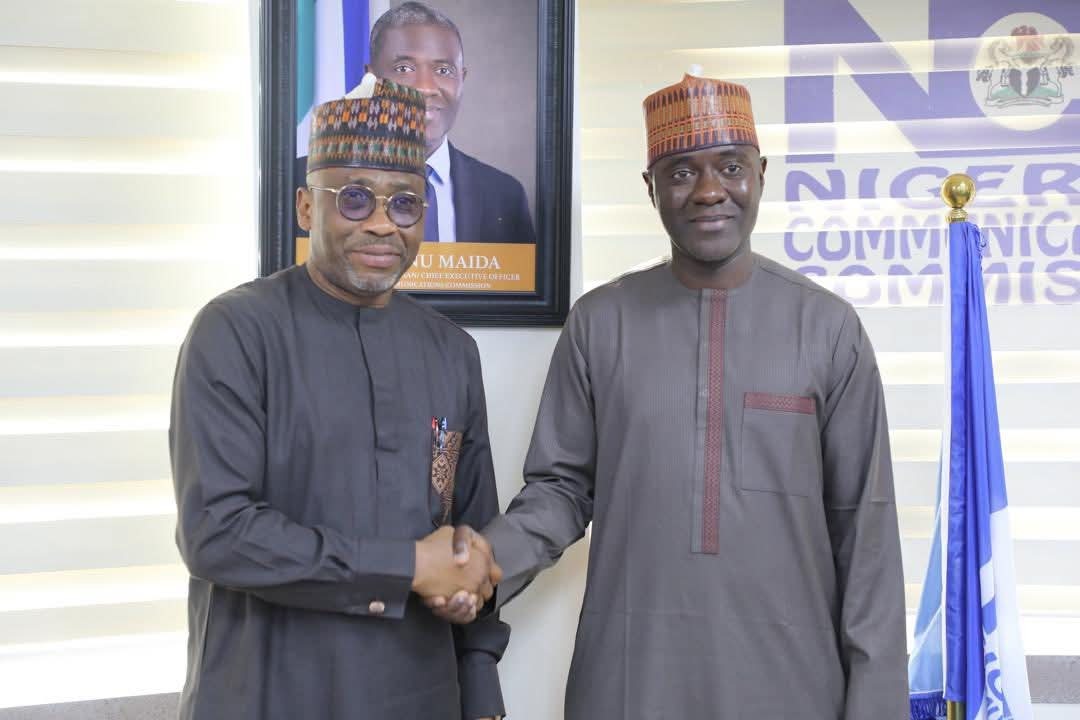
Lives of people and natural resources in northern Nigeria and the seven other African countries that rely on Lake Chad for survival are under serious threat as the climate change challenge facing the lake worsens. Kingsley Jeremiah and Joke Falaju write.
The shrinking of Lake Chad, which provides food for over 40 million people in Nigeria, Cameroon, Niger and Chad and the disappearing natural resources in the lake has become a global calamity and therefore require urgent attention or else the cascading effects will worsen.
The lake regarded as one of the largest water bodies in Africa, is fast loosing its traction. The lake’s water level and size has shrunk by massive 90 percent compared with what it was in the 1960s. Its surface area has decreased from a peak of 25,000 square kilometers to approximately 1,350 sq.km today.Already, the lake has reportedly seen 60 per cent decline in fish production, degradation of pasturelands, leading to shortage of dry matter estimated at 46.5 per cent in certain places in 2006, reduction in the livestock population, and threat to biodiversity, Food and Agriculture Organisation of the United Nations has said.
The lake use to be an essential water resource for fishermen, livestock farmers and crop farmers of riparian countries with about 135 species of fish and an annual production estimated at 200,000 tonnes. It was the epitome of productivity, food security and wealth to the people residing in the basin and beyond. In Chad alone, it was estimated that there were about 20,000 commercial fish sellers at the period.The Lake Chad Basin, which is shared by Algeria, Cameroon, the Central African Republic, Chad, Libya, Niger, Nigeria, and Sudan, could aggravate migration and directly linked to the challenges face by herdsmen across the region.
Considering that larger populations of these countries live below poverty lines, there is fear of looming water shortage for drinking and a sound environment conducive for socio-economic development as it also offers a unique social and cultural environment contributing to the rich diversity of the region.Interestingly, Lake Chad riparian populations have their cultural values, beliefs and traditional practices shaped by their relationship with the natural environment and therefore influencing environmental sustainability.
Prior to the drought, in the 1960s, the best grazing land was in the Sahel zone of the Lake Chad Basin. The Sahel was good for extensive herding as there was rarely conflict with crop farming and it was estimated that seven (7 ha) hectares of land could feed one Tropical Livestock Unit for six (6) months of the year. The drought led to the loss of pasture and the initiation of the transhumance migration towards the guinea savanna in the south of the basin.
As of today, the lake is a source of insecurity, instability, and loss of livelihoods as it is experiencing variability in size due to both human pressure and adverse effects of climate change, causing it size to reduce from 25,000km in the 60s to 2,500 km as at 1985 due to the combined effects of climate change and the unsustainable water and natural resource management. However, in 2013, the surface area of Lake Chad increased to 5,000 km following an exceptional improvement of the rainfall pattern.
A review of the hydrology of the Lake Chad Basin shows that the wet years (before 1973) inflow averaged between 30 – 40 Km per annum, while the dry years (after 1974) inflow averaged 20 – 21 Km per annum while the lowest was 16 Km recorded in 1984. The current Basin Water use as at 2011 is estimated at 2 Km per annum.
Despite these, the Lake Chad basin has a huge and untapped socio-economic potential including the agricultural lands; Fishery and pastoral potential; Groundwater; Mining resources; Hydrocarbons, Tourism.
Today, the Federal Government of Nigeria through its Ministry of Water Resources would kick-start an International conference on focusing on the lake.With the theme “Saving the Lake Chad to revitalize the Basin’s ecosystem for sustainable livelihood, security and development,” expectations are high that initiative would play a vital role and ensure that proper management of the nations water resources becomes a priority.
The conference is expected to address sub-themes, including; Restoration of Lake Chad: Scientific and Technical innovations; Lake Chad Water Transfer: prospects, challenges, and solutions; Social, environmental, cultural, and educational aspects in the current context; Security and regional cooperation aspects with a view to restoring peace in the Lake Chad basin; Funding of approved options.
The main objective of the 3-day International Conference to be held at the Transcorp Hilton Hotel, Abuja is to create global awareness on the socio-economic and environmental challenges arising from the shrinkage of the lake, threat to livelihoods inducing insecurity with a view to developing a comprehensive programme for action to save the Lake from extinction.
The specific objectives of the conference are as follows: To inform stakeholders, discuss and develop consensus on the different solutions to restore Lake Chad, including the Inter Basin Water Transfer (IBWT) Project from the Ubangi River to the Lake Chad; To bring together experts, political decision makers, donors, UN Specialized Agencies, scientific and technical experts, Civil Society, NGOs and researchers to exchange knowledge and share information on water resources development and management in a crisis environment for sustainable development in the Lake Chad Basin; To garner political and financial support, for the restoration option identified for of the Lake Chad.
The Minister of Water Resources, Suleiman Adamu stated that the project to save the lake from extinction is not only that of the Nigeria but for all the member countries of the Lake Chad Basin saying the Nigerian government was only driving the process, He said the conference was initiated by the ministry to bring together intellectuals in the financial, political world to find a way out towards saving the L.ake Chad.
Adamu pointed said: “the aim of this conference is to bring to World’s attention the issue of saving the Lake Chad from drying up and after the conference we want to reach an international consensus of the need to save lake chad and also have a consensus on how to save the lake chad.”What we have on the table now is the inter-basin transfer from the Congo basin into the river but we are bringing a lot of experts to address the problem but we are keeping an open mind that if experts come with a better idea than the inter-basin water transfer we are also willing to critically look at it.”
He said the conference is first of its kind wherein all the member countries of the Congo Basin (which are the basin intending to donate the water for recharging the Lake Chad) are also invited so as to also have discussions with them, for us to reach a consensus”
The however mentioned that if the consensus was on the inter-basin water transfer, it would take a very long period of years as the study and design alone could take up to 5-10 years while actual construction would take a longer period of time.He said: “we are talking of drawing water from different basins with a distance of over 2,500km, its a huge infrastructure project, noting like that has ever happened in Africa, its not something that can be done easily or rushed, it must be planned meticulously and the implementation process thorough.
He stressed that funding must be generated adding that if the consensus is reached during the conference and the design for the project completed and funds are being sourced for the project, a donor conference would be organized and it would be easier a good hearing from development partner and the World at large to fund the project.
[ad unit=2]






